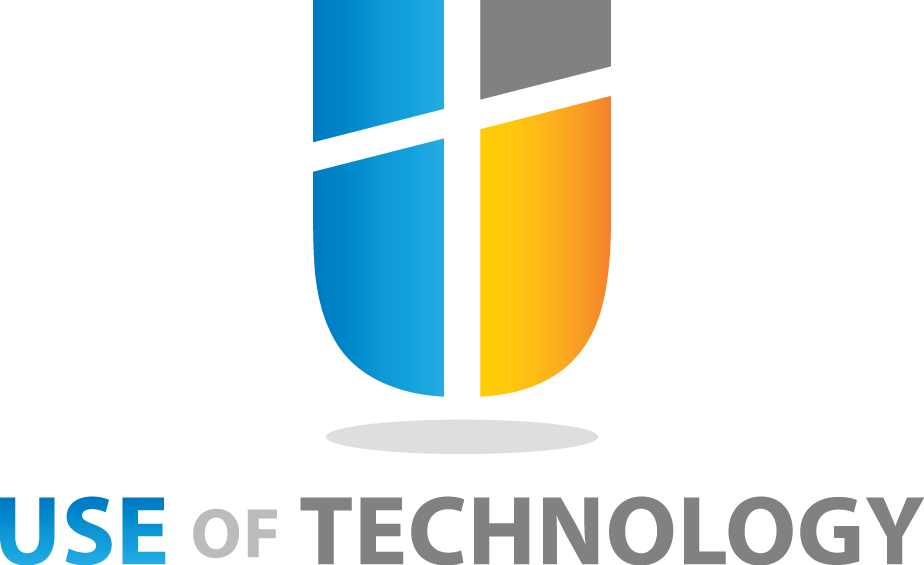A new data that was obtained through the freedom of information requests has uncovered that more and more students on the UK universities are using tech devices to cheat in the exam. Students have been caught cheating through the use of smartphones, hidden earpieces, and even smartwatches.
This rise in cheating with technology was estimated to be around 42% in the last several years, from 148 cases in 2012 to shocking 210 different incidents in 2016.
The highest number of students caught was at the Queen Mary University of London, with 54 cases of cheating, and the two-thirds of students caught used technology. Next were the students from the University of Surrey, where 19 were caught cheating, 12 of which used some sort of technological device, and finally, the biggest institution that provided data – Newcastle University. There were 91 cases of cheating here, and around 43% of the caught students used tech devices for cheating.
The true numbers are probably much higher, and those that cheated were simply never caught. Technological advancement is making it hard on teachers to notice who’s cheating since they don’t even know what they’re looking for anymore. After getting the data from 41 of 154 of the UK’s universities, it was estimated that the mobile phone was used in most cases. There were 17 cases of students using smartwatches, and a few students used earpieces or even mini-cameras. Some universities claimed that there were no cheating incidents, but it’s the opinion of experts that this is highly unlikely.
Several websites were discovered that openly targeted students with their offers of devices for cheating on the exams, including eBay, and also a company called Monorean, that offers “invisible earpieces for cheating in exams”. The company representative said that their buyers are mostly students who’re tired of the pointless education system. He also mentioned that the top customers were students from UK, Spain, and Germany.
One of the teachers has said the new technology makes it easy for students to cheat since these generations have been born and raised alongside the tech they use and that it’s only natural that they would. Still, this poses a problem for the teachers and examiners, who aren’t that comfortable with the newest tech.
Rules about cheating are different on every university, but most of them demand that the phone is turned off and placed out of reach, but only some of them include smartwatches, like University in Shropshire.
One professor has said that the no-phone rules are applied, but that the examiners cannot exactly search them to make sure that they respect the rule. Some students have asked a toilet break, and upon returning started writing rapidly, which indicates the possibility of a hidden device in the toilet.
Several solutions have been suggested, one of which is to change the form of the exam. The Quality Assurance Agency for Higher Education has stated that they’re looking into different ways of cheating and how to prevent them. A method of a high penalty was also suggested, and the universities were asked to remind the students that the punishment for cheating might include expulsion, hoping that the students will decide that it’s just not worth the risk.

